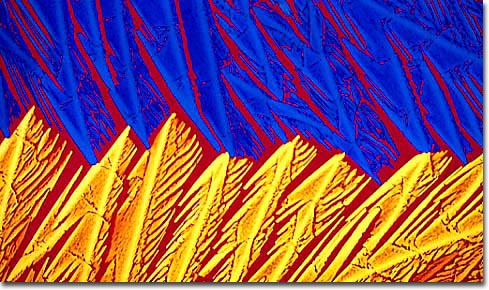|
Acetylcholine is a neurotransmitter synthesized in the human body from dietary choline and acetyl coenzyme A. One of the first neurotransmitters discovered, the substance was originally referred to as "vagusschtuff" because it was found to be released by the stimulation of the vagus nerve. Later, it was established that acetylcholine is, in fact, important in the stimulation of all muscle tissue and that its action may be either excitatory or inhibitory, depending on a number of factors. Within the body, the synaptic action of acetylcholine usually quickly comes to a halt, the neurotransmitter naturally breaking down soon after its release. However, some nerve gases are designed to thwart this breakdown, causing prolonged stimulation of the receptor cells and resulting in severe muscle spasms.
|
